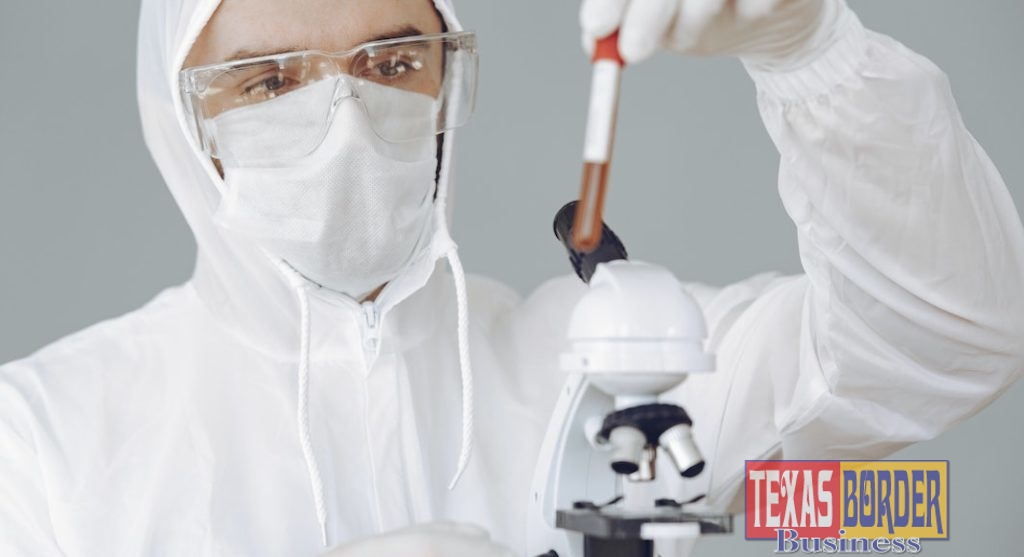
Texas Border Business
AUSTIN – Governor Greg Abbott today announced that the Texas Division of Emergency Management (TDEM) is coordinating with local officials, public health officials, and emergency management offices in cities across the state to identify and rapidly expand COVID-19 testing in underserved and minority communities that have been disproportionately impacted by the virus. This mission is part of TDEM’s ongoing partnership with the Texas Military Department (TMD), the Texas Emergency Medical Task Force (EMTF), and the Texas Department of State Health Services (DSHS) to mitigate the spread of COVID-19 and increase testing where needed.
TDEM is already working with local officials in the cities of Dallas, San Antonio, Houston, El Paso, Abilene, the Rio Grande Valley, the Coastal Bend, Laredo, and Midland-Odessa to identify and establish walk-up and drive-thru testing sites that will meet the needs of each community, and is in the process of working with other cities to bring more sites online in the coming days. TDEM is also working with local leaders to expand walk-up and drive-thru testing in urban areas where large-scale protests have taken place.
“As the State of Texas continues to mitigate the spread of COVID-19, we are committed to ensuring every Texan has access to COVID-19 testing no matter where they live,” said Governor Abbott. “We must address the disproportionate impact of COVID-19 on underserved and minority communities and ensure that anyone who needs a test can have one. As many Texans continue to gather for protests, the state is also taking steps to address potential surges in COVID-19 cases. We are ensuring that Texans can continue to safely exercise their First Amendment Rights while putting protocols in place to identify and mitigate any spread of COVID-19.”
As these sites continue to come online across the state, Texans can visit covidtest.tdem.texas.gov to find the test collection location nearest them.
TMD currently has 1,535 National Guardsmen supporting the state’s mission to expand testing across the Lone Star State. To date, these teams have conducted 116,394 specimen collections, and have fielded over 195,000 phone calls for test collection appointments with an average wait time of 55 seconds.














